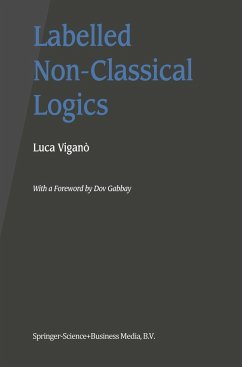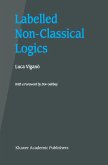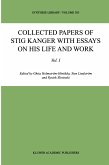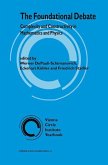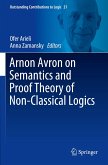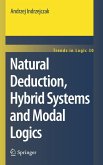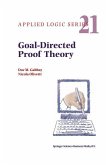I am very happy to have this opportunity to introduce Luca Vigano's book on Labelled Non-Classical Logics. I put forward the methodology of labelled deductive systems to the participants of Logic Colloquium'90 (Labelled Deductive systems, a Position Paper, In J. Oikkonen and J. Vaananen, editors, Logic Colloquium '90, Volume 2 of Lecture Notes in Logic, pages 66-68, Springer, Berlin, 1993), in an attempt to bring labelling as a recognised and significant component of our logic culture. It was a response to earlier isolated uses of labels by various distinguished authors, as a means to achieve local proof theoretic goals. Labelling was used in many different areas such as resource labelling in relevance logics, prefix tableaux in modal logics, annotated logic programs in logic programming, proof tracing in truth maintenance systems, and various side annotations in higher-order proof theory, arithmetic and analysis. This widespread local use of labels was an indication of an underlying logical pattern, namely the simultaneous side-by-side manipulation of several kinds of logical information. It was clear that there was a need to establish the labelled deductive systems methodology. Modal logic is one major area where labelling can be developed quickly and sys tematically with a view of demonstrating its power and significant advantage. In modal logic the labels can play a double role.
Hinweis: Dieser Artikel kann nur an eine deutsche Lieferadresse ausgeliefert werden.
Hinweis: Dieser Artikel kann nur an eine deutsche Lieferadresse ausgeliefert werden.

